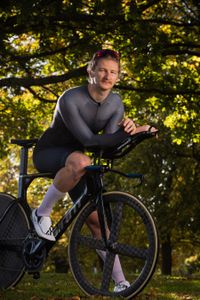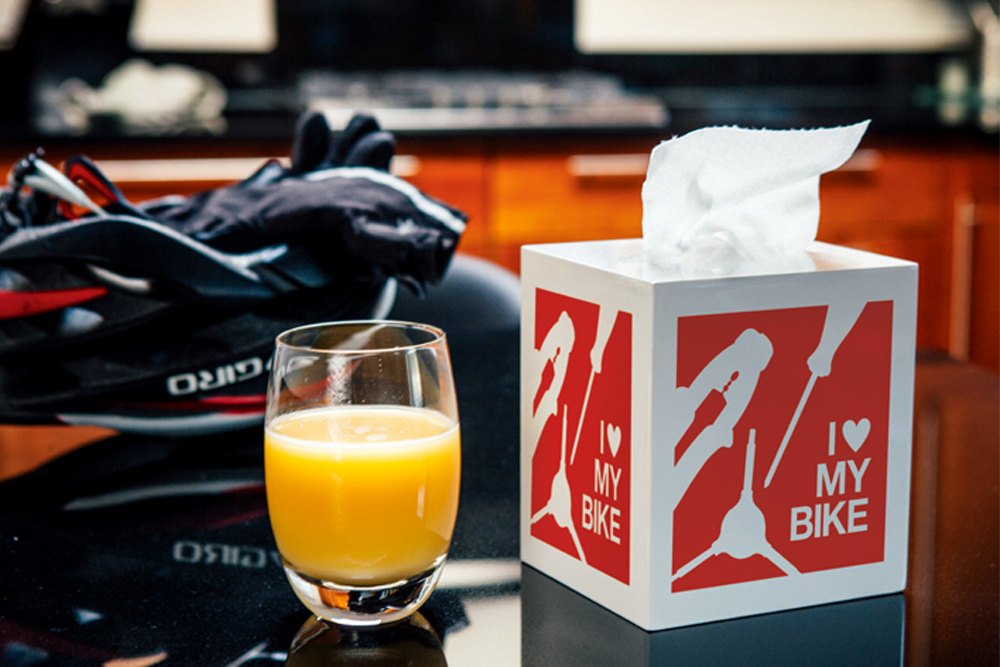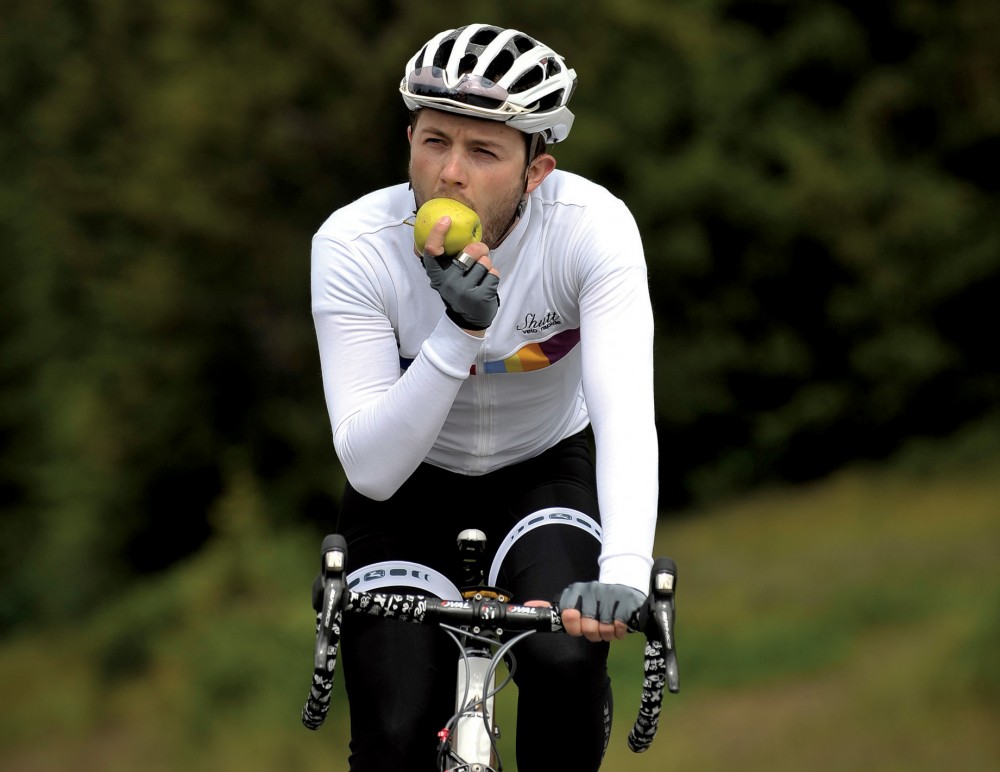Should you cycle with a cold and how can cyclists avoid illness?
We all loathe the common cold — are there any effective ways to prevent and treat it? Vicky Ware finds out


The latest race content, interviews, features, reviews and expert buying guides, direct to your inbox!
You are now subscribed
Your newsletter sign-up was successful
There are plenty of theories surrounding how to prevent and treat the common cold but which, if any, are true?
According to Mike Gleeson, professor of exercise biochemistry at Loughborough University, athletes are not necessarily at greater risk of catching colds — “apart from when the athlete participates in a very prolonged, fatiguing endurance session or competitive event, when the immune system becomes temporarily depressed and this can increase infection risk.”
>>> Can cycling compromise your immune system?
During a particularly hard training week, and especially straight after a gruelling session, you are most susceptible to catching a cold.
If possible, spend the hours after hard training away from anyone with a cold and make sure you get warm and dry straight after your ride.
>>> What to do (and what not to do) after every bike ride (video)
What about when you do catch a cold? A commonly heard rule of thumb among cyclists is that it’s OK to continue training if the symptoms are above the neck, whereas you should stop if they are below the neck. However, this depends on the level at which you are training.
The latest race content, interviews, features, reviews and expert buying guides, direct to your inbox!
“For people who are not professional athletes, it is sensible to avoid any hard exercise when cold symptoms begin,” says Gleeson, “and to only restart hard exercise when symptoms start to get better. It is not essential to stop exercise altogether but any training session should be shorter and less intense than usual.”
Treating and avoiding colds: the essentials
- Reduce exposure after hard training
- Eat fruit and probiotics
- Vitamin D3 and vitamin C supplements may help prevent colds
- Consider taking zinc supplement while you have a cold
- Get at least 7hrs sleep
Sleep better, ride faster
By the time you realise you have a cold, your body is already fighting the infection, so depressing your immune system through hard training could prolong the infection.
>>> Why stress can make you fat – and what to do about it
It usually takes a week or two to recover from a cold. Certain supplements have been shown to reduce the duration and severity of symptoms.
“Zinc supplementation and herbals such as echinacea may be effective,” Gleeson suggests.
How to give virus' the cold shoulder

Are there any proven remedies to prevent a cold? “Regular ingestion of probiotics, fruit, vitamin C and vitamin D3 supplements can reduce infection incidence in highly active people,” explains Gleeson.
>>> How to use nitrate to boost cycling performance
As a cyclist, you can also reduce your chances of contracting a cold by “avoiding sick people, crowded areas, children and contaminated items and practising good personal hygiene,” says Gleeson.
Generally looking after yourself by eating and resting properly is also important. Gleeson advises: “Consume adequate energy in the form of carbohydrates, protein and micronutrients, get enough sleep [at least seven hours per night] and minimise other sources of life stress.”
Key points for treating and avoiding colds
Do: stay hydrated. The lymphatic system carries immune cells around the body, while mucus protects nasal, mouth and gut linings from infection. Both require water to do so.
Do: sleep at least seven hours a night. Sleep is essential to recovery and immune health; stressed and unable to fight infection.
>>> Top tips to sleep better and ride faster (video)
Do: wash hands regularly, especially before eating. Avoid touching mouth, eyes and nose to help stop any viruses entering your body.
Do: reduce other life stressors when in hard training to limit overall stress on your body. All kinds of stress affect your immune system’s capacity to fight infection.
Do: eat a diet rich in fruit, vegetables and healthy fats to ensure a plentiful intake of micronutrients. This will keep your immune system at full strength and help you recover from exercise.
Don’t: ride hard and long straight after a flight. Give your body a chance to fight any cold virus you were exposed to.
Don’t: Get cold. If your core temperature falls while training, you are more likely to get ill. Use a neck-warmer and layers you can remove.
Alex Ballinger is editor of BikeBiz magazine, the leading publication for the UK cycle industry, and is the former digital news editor for CyclingWeekly.com. After gaining experience in local newsrooms, national newspapers and in digital journalism, Alex found his calling in cycling, first as a reporter, then as news editor responsible for Cycling Weekly's online news output, and now as the editor of BikeBiz. Since pro cycling first captured his heart during the 2010 Tour de France (specifically the Contador-Schleck battle) Alex covered three Tours de France, multiple editions of the Tour of Britain, and the World Championships, while both writing and video presenting for Cycling Weekly. He also specialises in fitness writing, often throwing himself into the deep end to help readers improve their own power numbers. Away from the desk, Alex can be found racing time trials, riding BMX and mountain bikes, or exploring off-road on his gravel bike. He’s also an avid gamer, and can usually be found buried in an eclectic selection of books.
